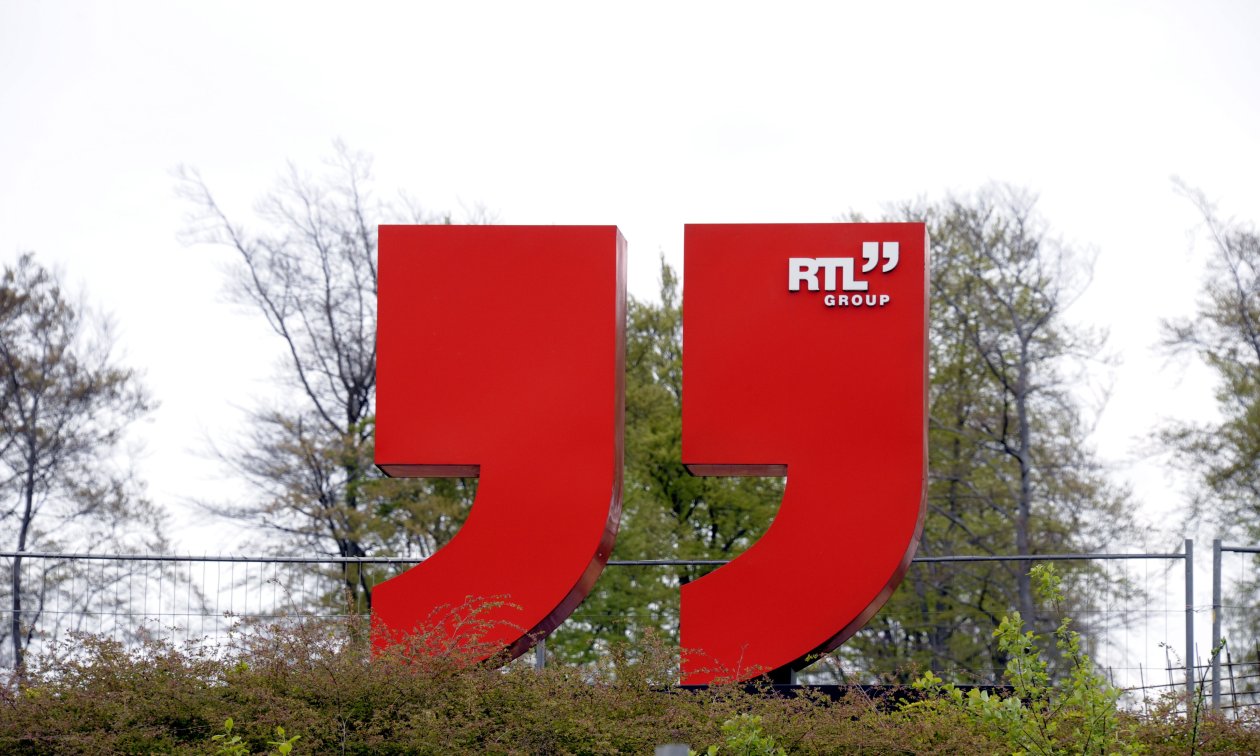Declining circulations, dwindling advertising revenues and ineffective online business models pose a threat to Luxembourg’s pluralistic media landscape. Its comparatively high level of diversity has only been maintained thanks to state assistance for publishing companies.





